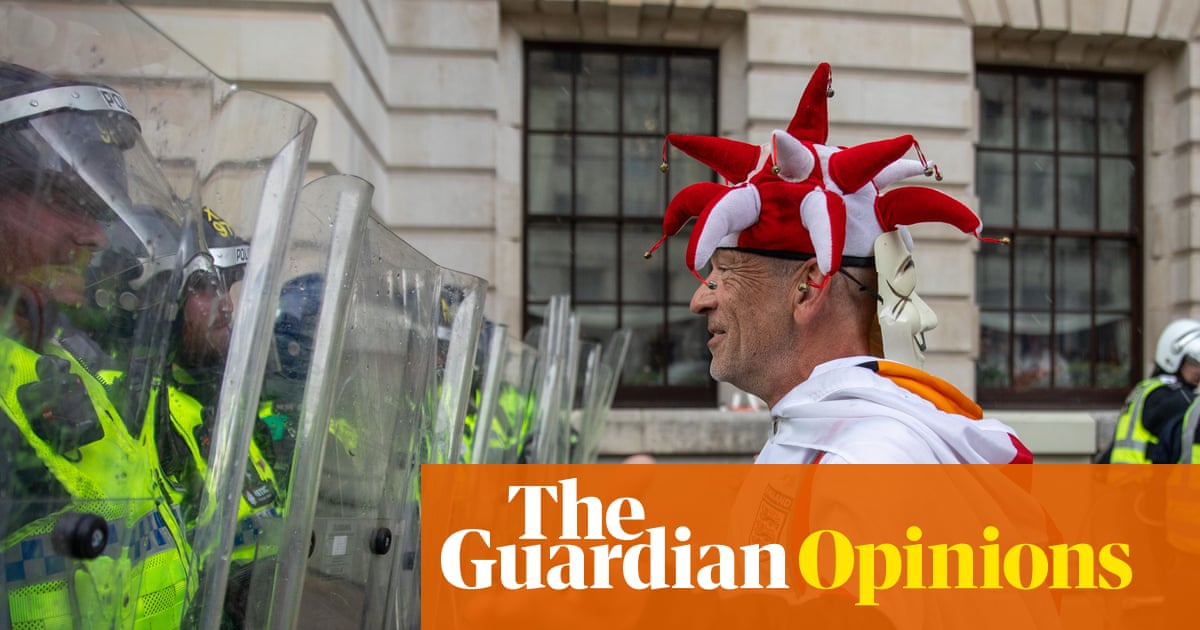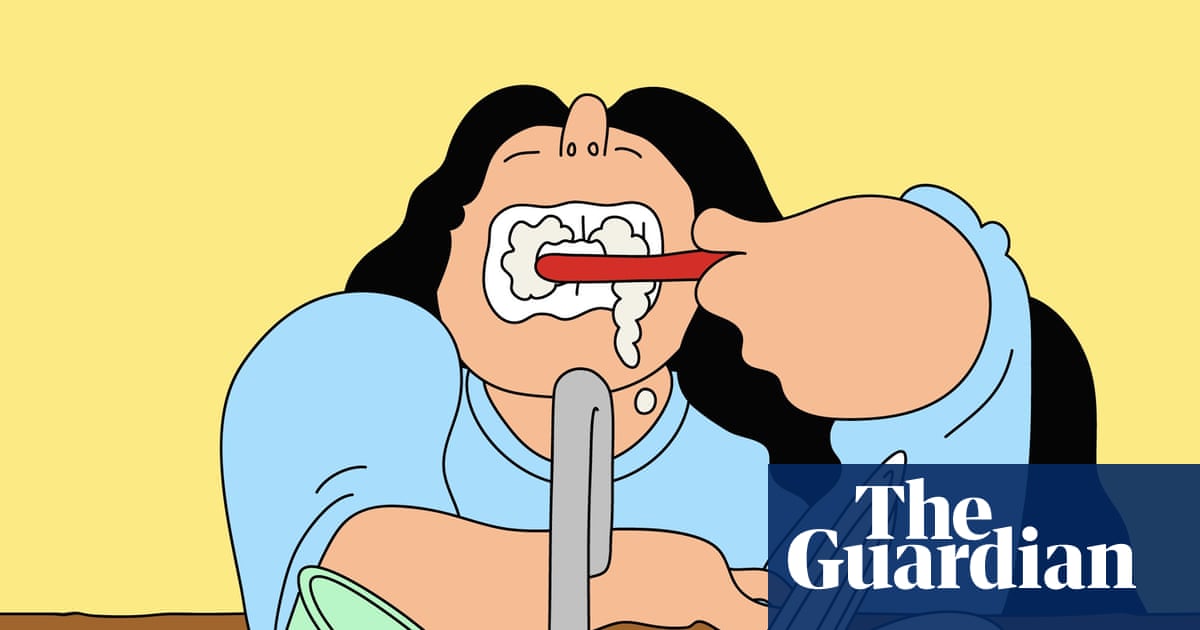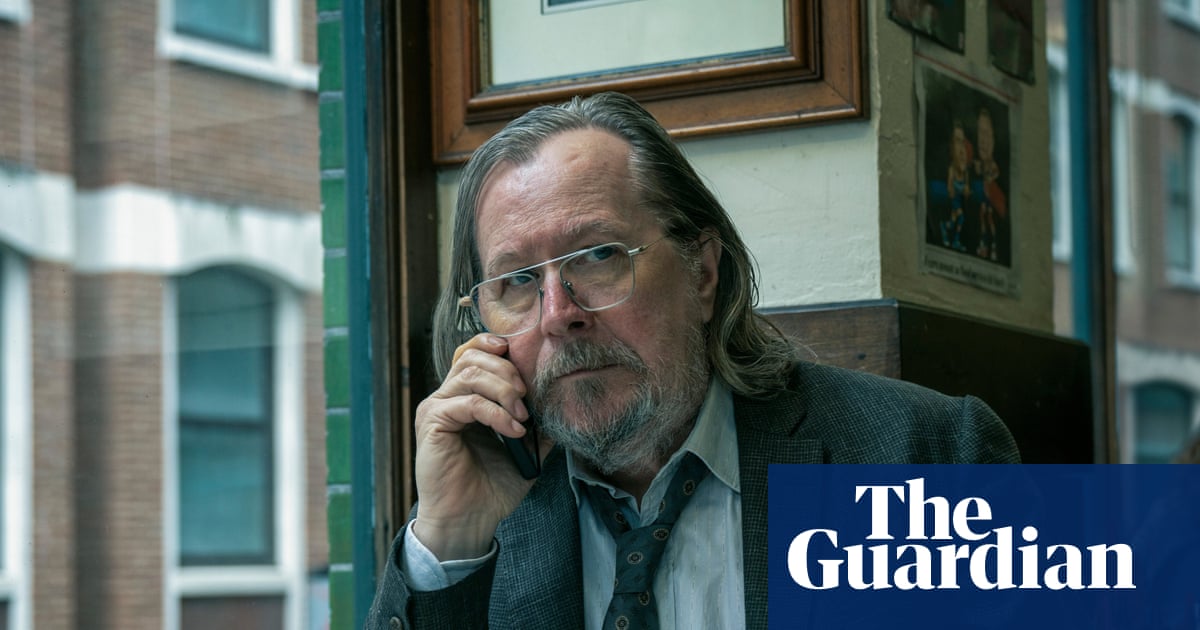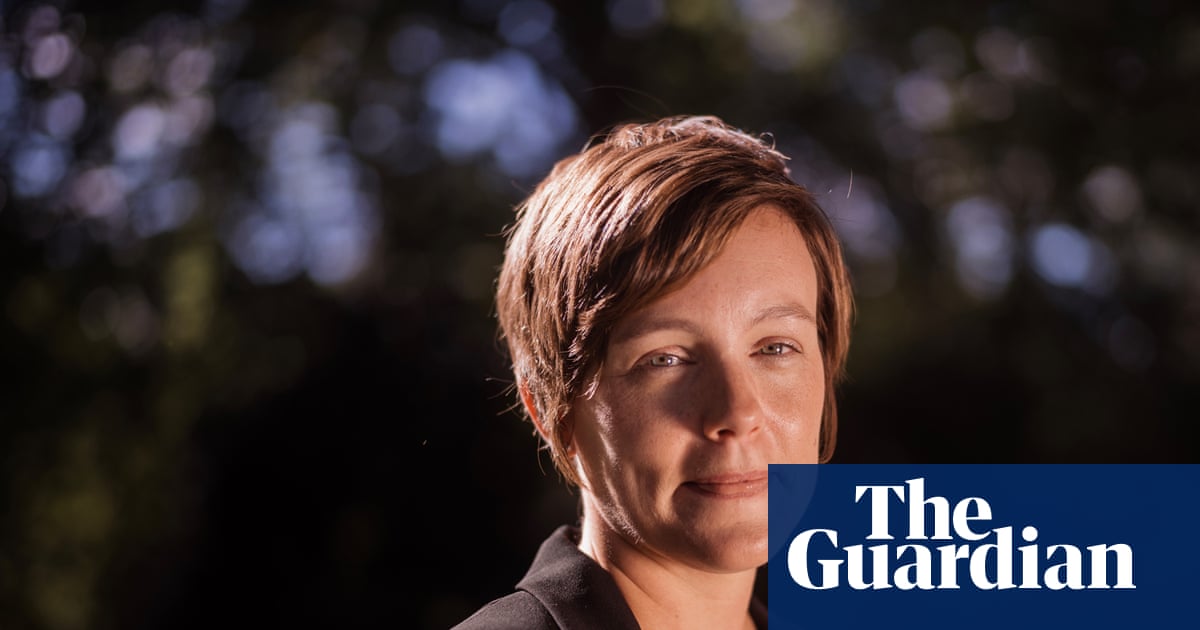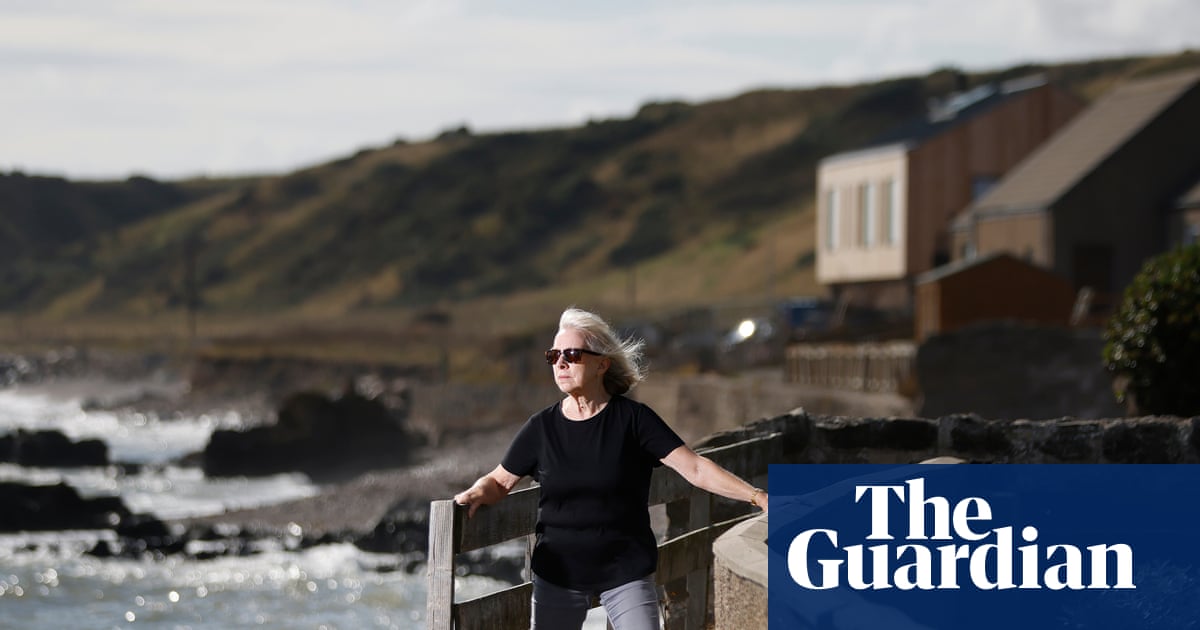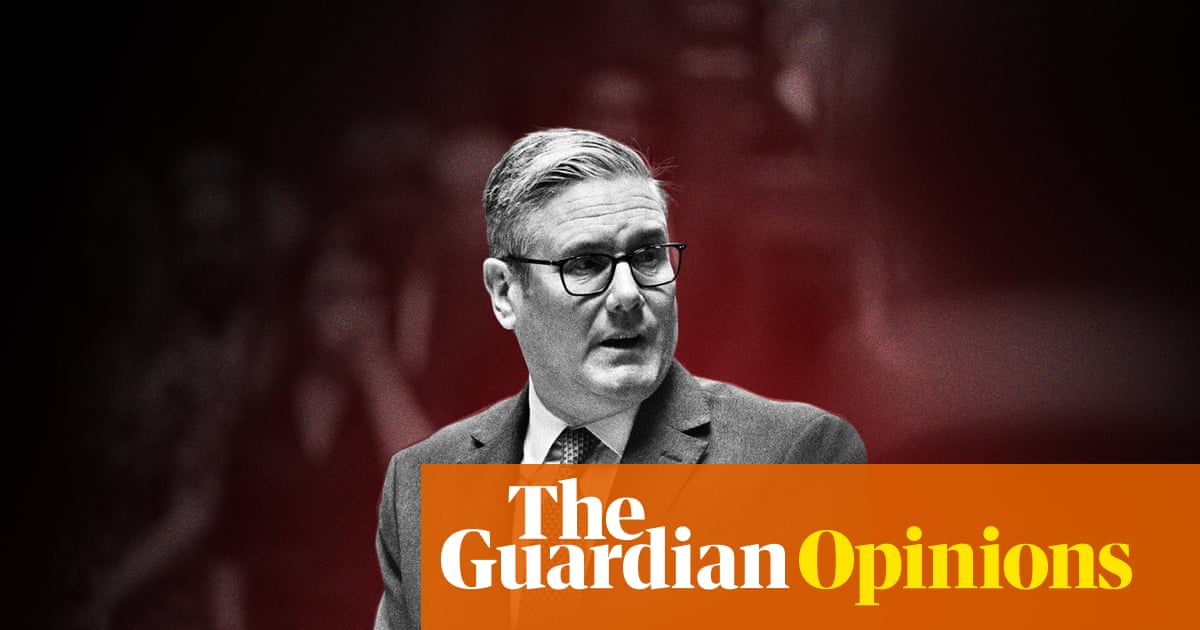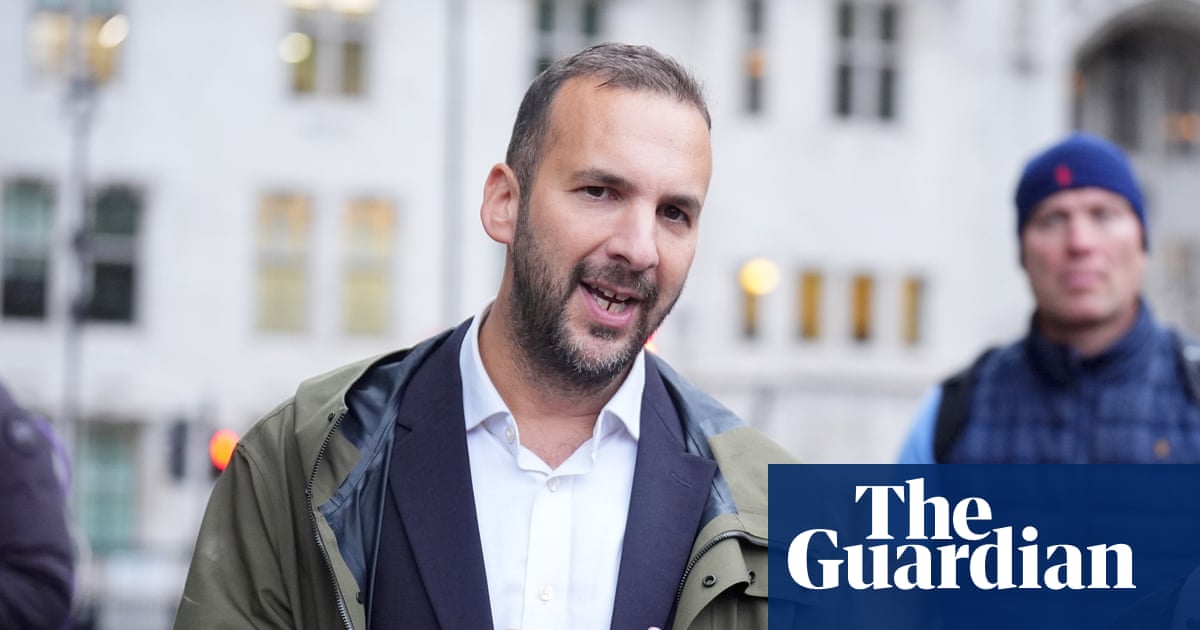Plans for NHS staff to restrain and detain people experiencing a mental health crisis, instead of the police doing so, are “dangerous”, doctors, nurses and psychiatrists have warned.
The former prime minister Theresa May has proposed legislation in England and Wales that would change the long-established practice for dealing with people who may pose a risk to themselves or others because their mental health has deteriorated sharply.
But a coalition of eight medical groups, ambulance bosses and social work leaders said the switch would put mental health staff at risk and damage their relationship with vulnerable patients.
The row has echoes of the controversy stirred by the Metropolitan police’s decision in 2023 to stop responding to 999 calls involving mental ill health unless they involved a threat to life. The force said the change meant officers were attending crimes such as robberies faster, but mental health groups said they feared it could result in deaths.
May and two ex-health ministers, Syed Kamall and Frederick Curzon, have tabled amendments to the mental health bill going through parliament which, if passed, would lead to mental health nurses, psychiatrists or other doctors being called out to restrain and detain someone under the Mental Health Act. Those professionals would each become an “authorised person” who is allowed to detain someone under the act.
May took an active interest in mental health issues during her time as home secretary and in Downing Street. She helped ensure those detained under the act were no longer held in police cells and were instead taken to “places of safety”, usually at NHS facilities.
But in a joint statement on Monday the eight groups said the risks posed by someone in a mental health crisis meant police officers must continue to always attend. The groups include the Royal College of Psychiatrists, the Royal College of Nursing and the British Medical Association.
At present, only police officers are permitted under the Mental Health Act to detain someone in a mental health crisis, for example because they are having a psychotic episode.
The groups said: “Removing police involvement entirely has hugely dangerous implications, as entering someone’s home without permission is fraught with huge risks and is only currently done with the assistance of police intelligence. Without this, professionals may be entering homes without police help and therefore lacking crucial intelligence that could ensure their safety.”
They added: “While we recognise the immense pressures faced by police services, we also acknowledge that mental health crises in the community are becoming increasingly acute and almost never occur without some level of risk.
“The expertise, skills and equipment of the police remain essential for safely reaching individuals in crisis, especially where they may be in immediate danger to themselves, pose a risk to others or face a threat from others.”
Dr Lade Smith, the president of the Royal College of Psychiatrists, said: “Detaining, and if necessary restraining, someone is essentially arresting them and to do this safely requires specialist skills and legal powers.
“Expecting clinicians whose role is to provide therapeutic care to arrest people in the street or burst into their homes if they notice someone suffering a mental health crisis is simply inappropriate and indicates a lack of understanding of what health professionals do.”
Chief constables are backing the change. They want to see responsibility for dealing with mental health crises become split between their officers and NHS staff.
A National Police Chiefs’ Council spokesperson said: “We support the proposed amendments to the mental health bill, which will enable authorised medical professionals to effectively deal with some mental health incidents. This will ensure vulnerable people receive the most appropriate care without feeling criminalised because of their mental health issues.”
They added: “We will always attend incidents where there is a risk of serious harm to the individual or attending professionals, or where criminality is involved.”
The groups opposed to the plan also include the Royal College of Emergency Medicine, which represents A&E doctors, the College of Paramedics, the Association of Ambulance Chief Executives, the British Association of Social Workers and the Association of Directors of Adult Social Services.
The Labour MP Rosena Allin-Khan, the party’s former shadow cabinet minister for mental health who is also an A&E doctor, voiced unease about the plan.
She said: “I am concerned that these amendments aim to turn practitioners into enforcers and could expose healthcare staff to increased danger. It runs the risk of eroding trust in dedicated and hard-working mental health staff by delegating police powers to them.”
Ministers are also against the change. A Department of Health and Social Care spokesperson said: “Extending police powers to other professionals would represent a major shift in the roles, responsibilities and practice for health and care staff and would place additional resource on an already stretched NHS at a time where we are trying to rebuild a health service fit for the future.
“It also raises questions around whether it is right for the health and social care professionals to have powers to use reasonable force, which could have implications for patient, public and staff safety, as well as potentially damaging the relationships clinicians have with patients.”

 3 months ago
165
3 months ago
165




